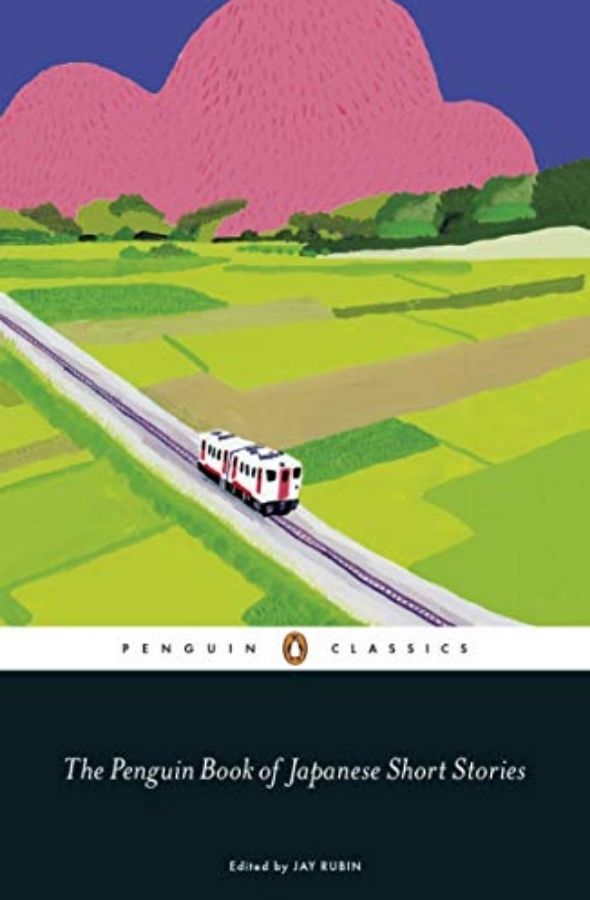A short story about a Japanese man, one who descended from a very well-off lineage, finding himself quite at odds once he returns home to his family’s large estate in Tokyo. Unsure of how to deal with his emotions and thoughts about the current state of Japan, he writes a lengthy letter to his Excellency.
Nagai’s story compares and contrasts the West—specifically America and France—with that of Japanese society during the Meiji Era (late 1800s). From it, we can sense a criticism from the author as his narrator attempts to readapt to the seemingly more aggressive and lesser refined ways of life in Japan, primarily from a lonesome point of view in a secluded bedroom of the estate.
My praise for the story lies within its rich imagery and strength at depicting luscious greenery and a sense of dirtiness around the way Japanese society is progressing. The narrator is, in modern terms, almost hipsterish and lacks the sentiments that most Tokyoites shared. Namely, he is very critical of how the poor, working-class people operate and complain, how the space he remembers growing up around has become just another district for economic purposes, and how overpopulation has resulted in a decrease of morals—such as needlessly abusing animals and horses.
However, as you may be able to tell from my tepidness to touch upon the story, it did not fully click with me. Whilst it serves as a good criticism of Meiji Japan, and only spans thirteen pages within The Penguin Book of Japanese Short Stories, it still feels very inflated and unsure of how to further its points. The observations within the story are made, remade, and then rehashed again. It’s like chewing food, spitting it out, then re-chewing it… not fun, and not the right way of doing things. The story exists as a largely surface-level critique weaved through what is otherwise a very descriptive and talented piece of writing, ultimately making it hard for me to discern whether I like or dislike the story and Nagai’s approach.
As I hinted at, the author’s wordsmanship is elegant and rich, he is able to create very precise images for the reader that result in vivid, imaginary scenes. If anything, Nagai’s substantial focus on world-building detail may overwhelm some readers who prefer a little less environmental description. However, given that it is a rather old piece of literature, the extensive paragraphs that depict the landscape are both understandable and representative of the literary era. Personally, I like a good deal of detail when it is executed correctly, but the author was certainly starting to test my tolerance. Sometimes it is best just to let the reader fill in some blanks, or leave things more abstract and open to interpretation.
Ultimately, as one story amidst many in the Penguin collection, it is fine and not a long read; as a story on its own, it strikes me as a little boring. The only meaningful message it gets across that the world changes and the author is perhaps a little bored by how the Japanese live when compared to foreign counties.
Behind the Prison seems to possess a sense of grandeur that it did not really capture in its execution, primarily through a lack of impact. Nonetheless, it remains a worthwhile piece of writing for those its agitated attitude may appeal to, and therefore earns a tentative recommendation from me.

Leave a Reply